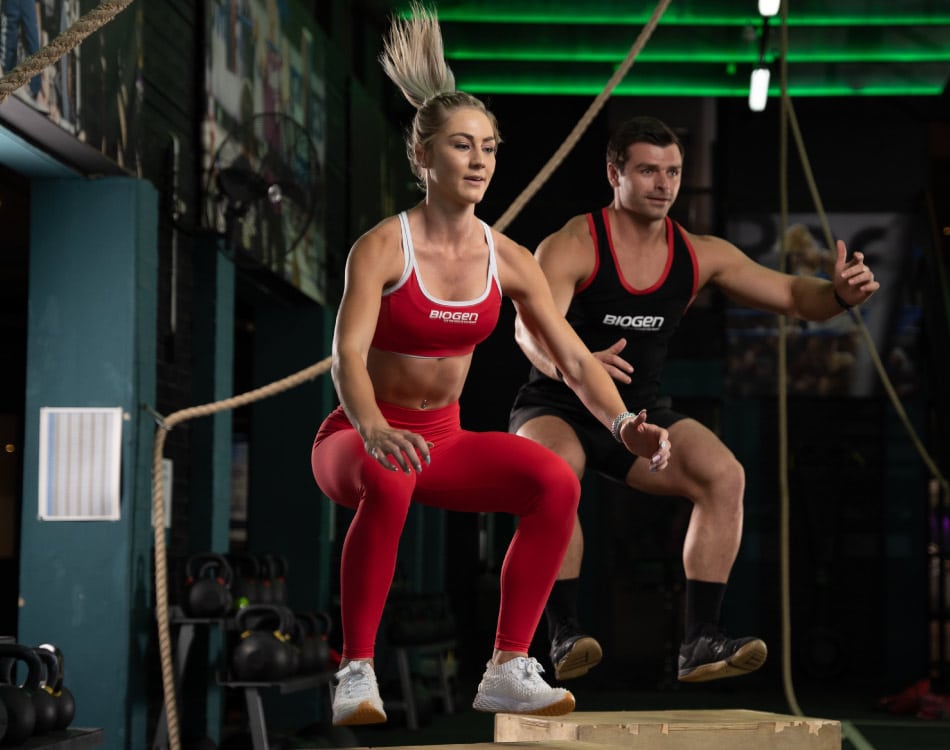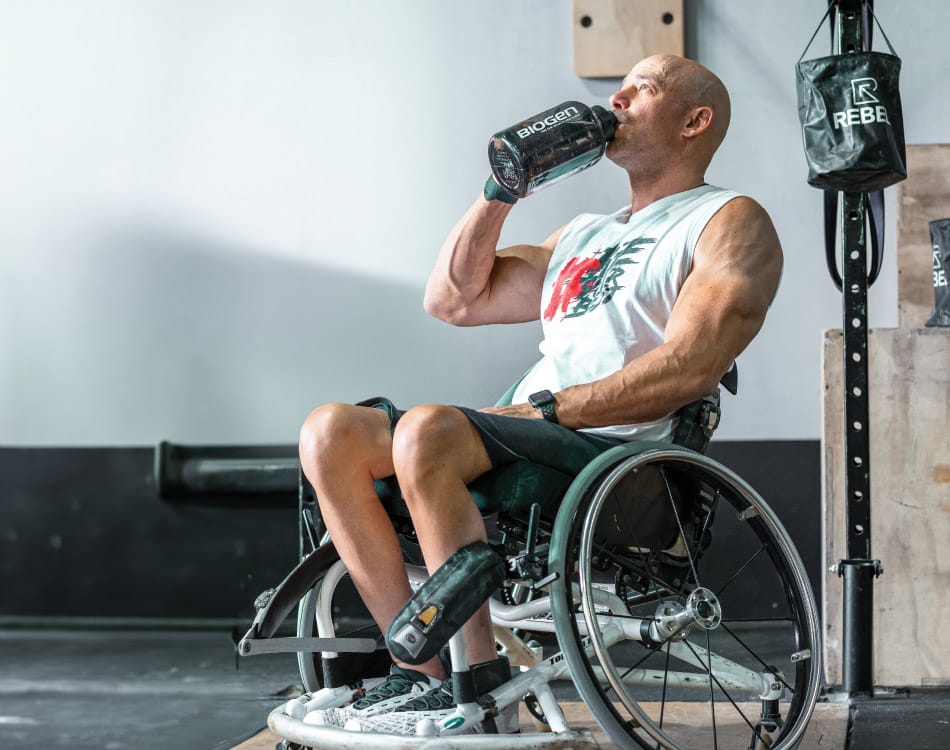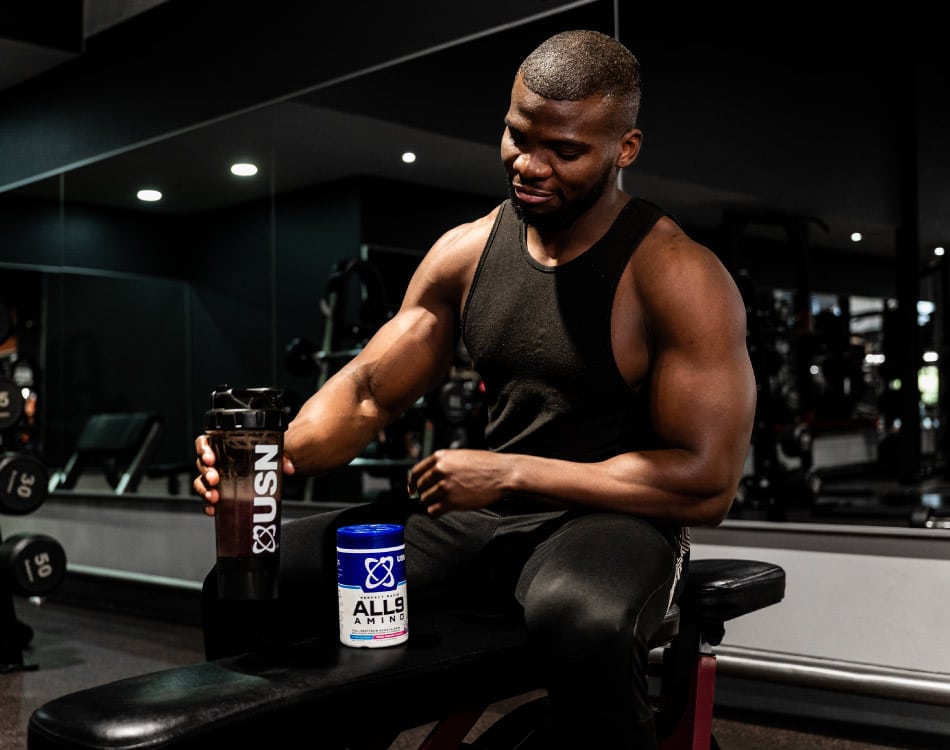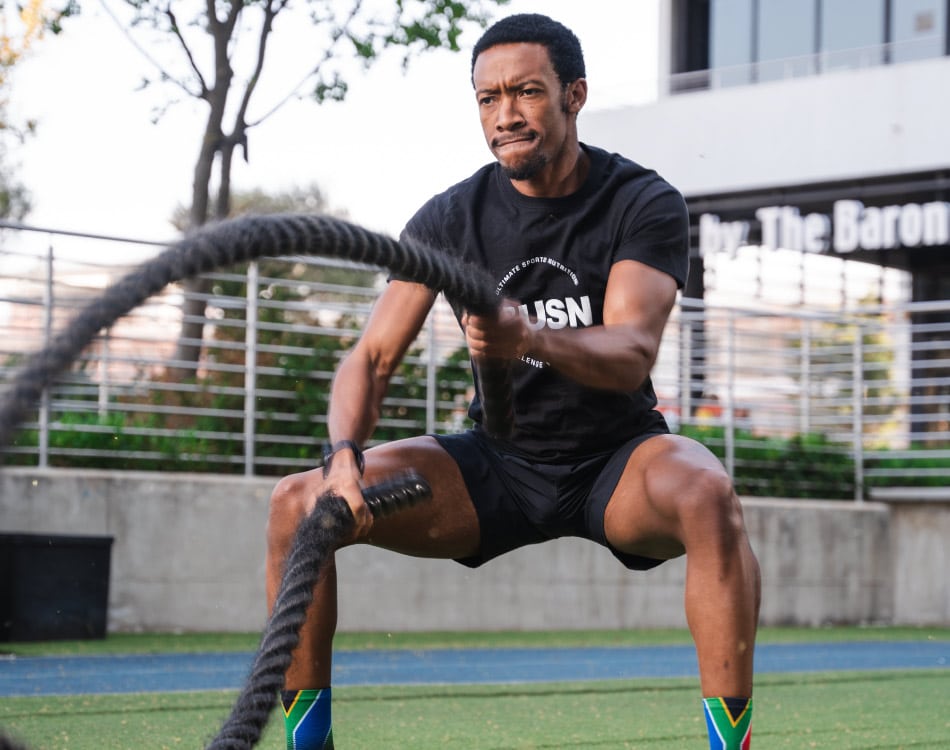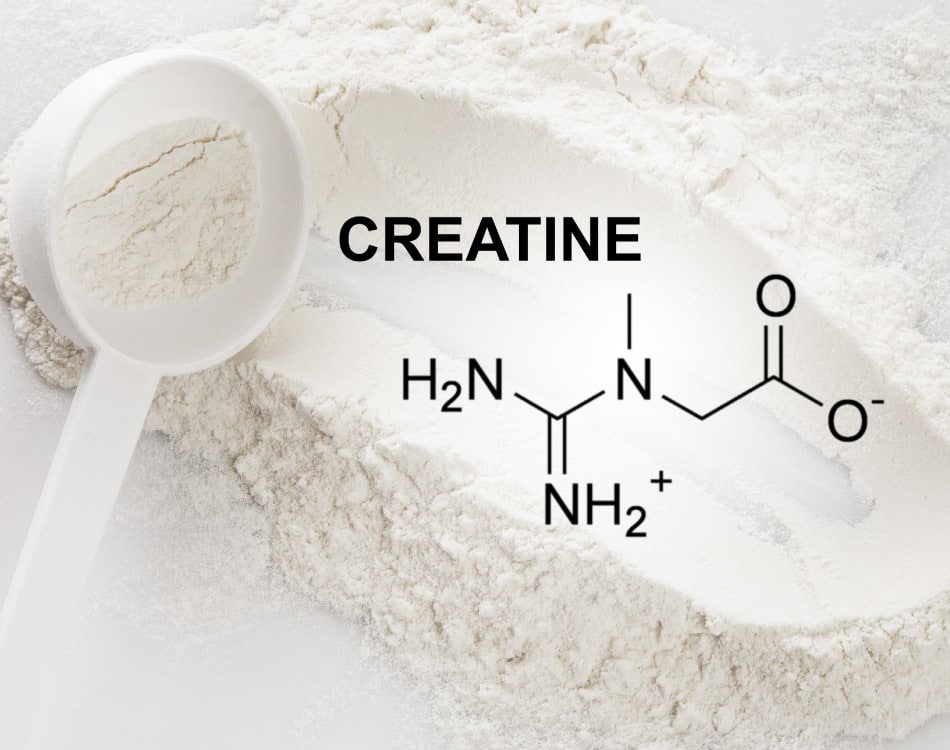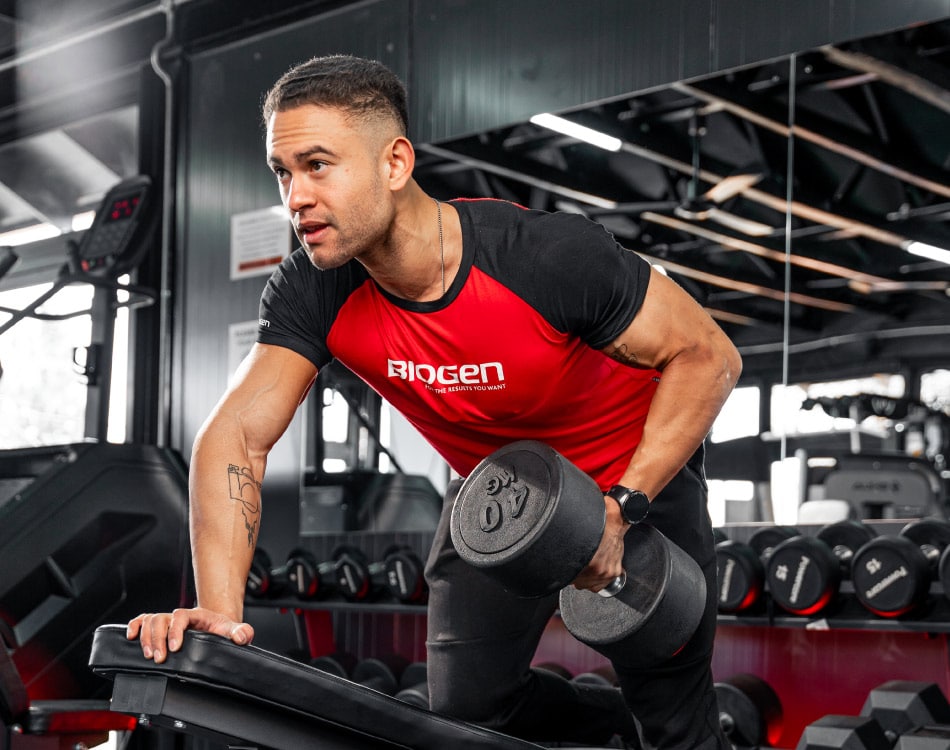To make the most of your workouts and achieve optimal results, it’s crucial to pay attention to your exercise recovery.
However, many people overlook simple practices that can impact their recovery and slow down their progress.
In this article, we’ll highlight five common mistakes that may hinder your exercise recovery and impede your gains. By addressing these errors and implementing the right strategies, you can optimise your recovery and maximise the benefits of your workouts.
READ MORE | Limit Muscle Loss, Boost Recovery With A Peri-Workout Supplement Plan
#1: Neglecting Your Post-Exercise Recovery Meal
After exercise, your body needs essential nutrients to repair and rebuild muscles. Skipping your post-workout meal or recovery supplement delays the repair process.
When you consume a meal or supplement immediately after exercising, it triggers an anabolic hormonal response, including an increase in insulin production. Insulin helps refill muscle cells with glycogen and transports amino acids to damaged muscles, facilitating the repair process.
You can leverage this critical time – known as the “anabolic window of opportunity” – by consuming a meal or supplement within 90 minutes of your workout to switch from a state of muscle breakdown to the rebuilding phase.
#2: Choosing the Wrong Macronutrients
While timing is crucial, the composition of your post-workout meals matters too. Optimal recovery requires a balanced macronutrient intake.
It’s advisable to avoid high-fat foods immediately after exercise as they slow down digestion and delay the absorption of essential carbohydrates and proteins.
To kickstart the repair and rebuilding process, your muscles need an ample supply of protein, while carbs help replenish glycogen stores in muscle cells and the liver. By selecting the right macronutrients and their appropriate forms, you can enhance your recovery and maximise gains.
#3: Being Inactive After Exercise
Following an intense workout, many individuals spend extended periods being sedentary, which can negatively impact their recovery.
Prolonged immobility reduces peripheral blood flow, hindering lactate removal and the delivery of vital substances, such as anabolic hormones, energy substrates, and inflammation-fighting compounds, to recovering muscles. Furthermore, decreased electrical activity in muscles lowers your basal metabolic rate.
These factors contribute to increased post-exercise stiffness and soreness, which can hamper future training sessions. To counteract these issues, it’s essential to remain active and avoid excessive sitting or resting after workouts.
#4: Neglecting Electrolyte Replenishment
Hydration is crucial for post-workout recovery, and drinking water or a carb-protein recovery drink alone may not be enough.
When you exercise, you lose water and important electrolytes through sweat. These electrolytes, such as sodium and potassium, play a vital role in maintaining fluid balance, particularly in hot and humid conditions.
Optimal rehydration after exercise requires replenishing both lost water and electrolytes. To achieve this, consume a rehydration beverage containing electrolytes.


